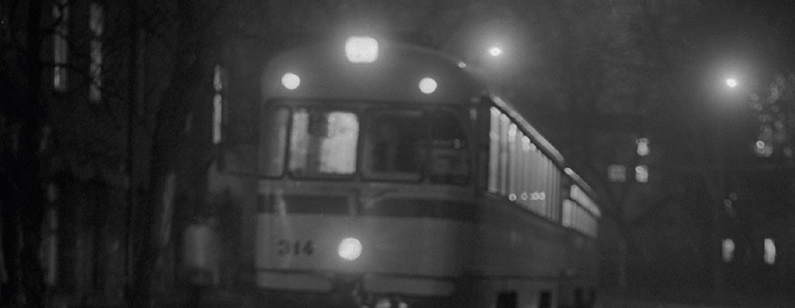Poet and linguist Lalita Muižniece (1935) was born into the family of poet Rūta Skujiņa and writer Jūlijs Lāčs. Published a collection of poems Žuburu broken (1970) un dzejlapu Rickshaw elephant I launched (1975), popular scientific works and fairy tales for children. She has spent most of her life in America, currently lives in Riga and celebrated its 85th anniversary in August. The new book includes two works of prose: emotional Feet on the fate of 1941-1945. and a story of surreal impressions about visiting Latvia in 1974 Melita in Riga. For the first time, both works are grouped in one book.
Lalita Muižniece writes in the introduction of the book: “I wrote both works at about the same time – Feet 1974. a Melita in Riga In 1975. Feet, which lasted from January 1941 to May 1945, came to mind for many years. I am sometimes asked why I did not write people’s real words, even though the characters in the book have all lived and experienced the events described. I wanted the story not to be seen as just the fate of one particular family, but to feel the cruelty and confusion of the age in the eyes of any child. Is it managed to judge readers. Melita in Riga instead, I wrote in almost one breath. We lived in the United States. In 1974, I felt it was time to take both of our teenage children to Latvia so that they would experience that Latvia is not just a fictional place for parents and grandparents, Latvian school teachers, but a real land where our close relatives and other good people live. . “
Lalita Muižniece’s interests include Latvian poetry, which was written both in exile and in Latvia, and issues of folklore, folk song metrics and phonology. In 1981, she earned a doctorate in linguistics from the University of Michigan for her dissertation Linguistic Analysis of Latvian Death and Burial Folk Songs.
Since 1970, Lalita Muižniece has been a lecturer at the University of Western Michigan in Kalamazoo, Michigan, where she and Professor Jāzeps Leli have developed new and modern Latvian language teaching methods for students living outside Latvia; In 1980, she created an accredited Latvian study program. Worked in exile magazine Jaunā Gaita, Mazputniņš a We, as well as supply Ceļinieks in the editions of the Latvian classic booklet series.
From 1993 to 2004 she gave lectures on the language of Latvian folk songs and poetry in exile at the University of Latvia and the Latvian Academy of Culture.
The publication is supplemented by an extensive afterword of the researcher Baiba Krogzeme-Mosgorda and photos from the archive of Lalita Muižniece. On the cover of the book – a photo by Juris Poišs from the collection of the Latvian Museum of Photography. The publication of the book has been supported by the Cultural Foundation of the American Latvian Association.
–


